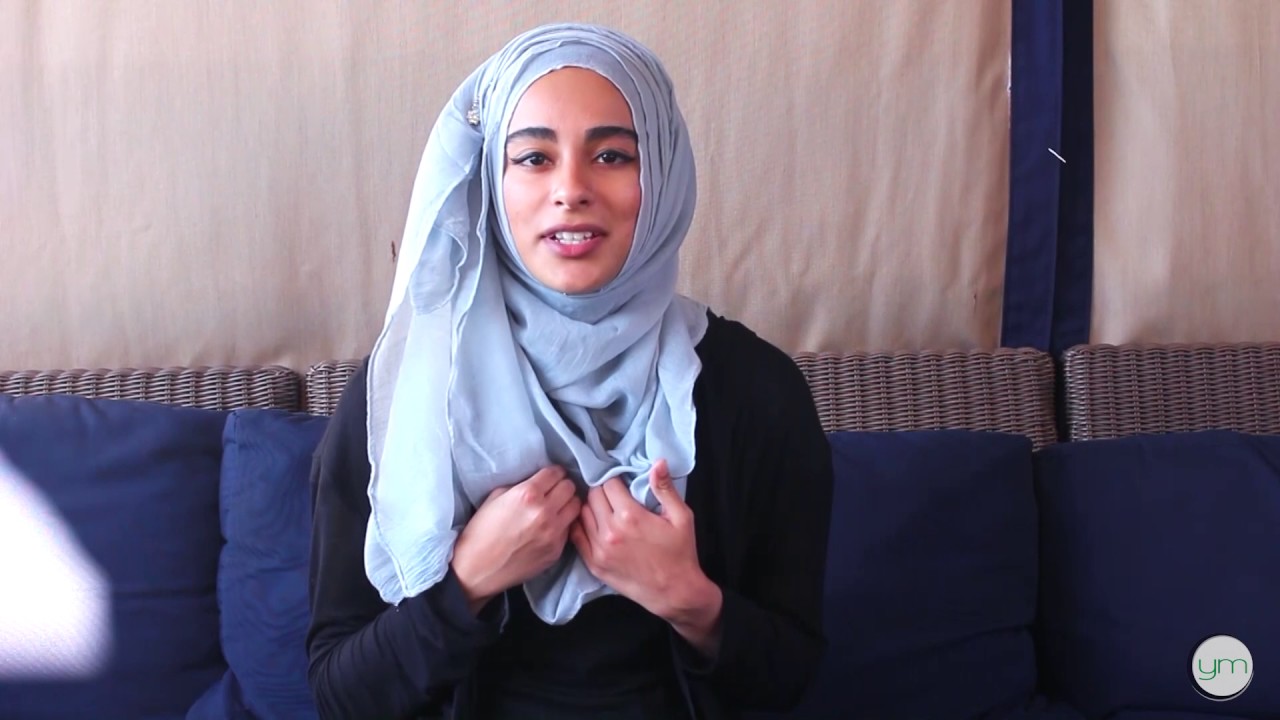Islam On Demand
http://www.IslamOnDemand.com
How are Muslims perceived as a result of the 9/11 terrorist attacks? Do people associate Islam with terrorism more or less since September 11th? Muslim women with their head-coverings are on the frontlines since they stand out in the crowd. They must, therefore, be equiped with the proper knowledge of Islam as well as the knowledge of how they are perceived so they can respond to the many questions and comments they may face in their interaction with non-Muslims. This lecture serves as a tool to help in this great challenge as Dr. Lisa Killinger, an Amercian convert to Islam, shares her experiences with non-Muslims both before and after September 11th. She opens by telling her story of how she discovered Islam in 1979 on the Iowa State University campus. She then continues by echoing the question asked by her own mother upon her conversion, "What kind of woman would want to be a Muslim, afterall they are oppressed!" So Dr. Killinger debunks this myth by outling the status of women in pre-Islamic Arabia and how Islam liberated and dignified them by giving them rights which are still upheld to this day. Some of the rights she discusses in this talk: the right to vote, to inheritence, to divorce, to the use of birth control, to marriage to whomever is desired, and to an education. Nevertheless, the actions of some Muslims may speak to the contrary but, as the speaker reminds the audience, these actions must be distinguished from the teachings of the religion itself. All too often the cultural practices of a person get confused with the religious practices. The speaker also looks at the example of Aslamia: the first female physician in Islam, modesty and the head-covering common to all the Abrahamic faiths, the example of Khadijah, how to explain polygamy to others, Islamic prohibitions that benefit women, non-Muslim attitudes about hijab (head covering), and the role of Muslim women in a non-Muslim society. The lecture is concluded with Dr. Killinger sharing the results of a post-9/11 survey about non-Muslim perceptions of Muslim women.
http://www.IslamOnDemand.com
How are Muslims perceived as a result of the 9/11 terrorist attacks? Do people associate Islam with terrorism more or less since September 11th? Muslim women with their head-coverings are on the frontlines since they stand out in the crowd. They must, therefore, be equiped with the proper knowledge of Islam as well as the knowledge of how they are perceived so they can respond to the many questions and comments they may face in their interaction with non-Muslims. This lecture serves as a tool to help in this great challenge as Dr. Lisa Killinger, an Amercian convert to Islam, shares her experiences with non-Muslims both before and after September 11th. She opens by telling her story of how she discovered Islam in 1979 on the Iowa State University campus. She then continues by echoing the question asked by her own mother upon her conversion, "What kind of woman would want to be a Muslim, afterall they are oppressed!" So Dr. Killinger debunks this myth by outling the status of women in pre-Islamic Arabia and how Islam liberated and dignified them by giving them rights which are still upheld to this day. Some of the rights she discusses in this talk: the right to vote, to inheritence, to divorce, to the use of birth control, to marriage to whomever is desired, and to an education. Nevertheless, the actions of some Muslims may speak to the contrary but, as the speaker reminds the audience, these actions must be distinguished from the teachings of the religion itself. All too often the cultural practices of a person get confused with the religious practices. The speaker also looks at the example of Aslamia: the first female physician in Islam, modesty and the head-covering common to all the Abrahamic faiths, the example of Khadijah, how to explain polygamy to others, Islamic prohibitions that benefit women, non-Muslim attitudes about hijab (head covering), and the role of Muslim women in a non-Muslim society. The lecture is concluded with Dr. Killinger sharing the results of a post-9/11 survey about non-Muslim perceptions of Muslim women.


 English
English Български
Български No filter
No filter






